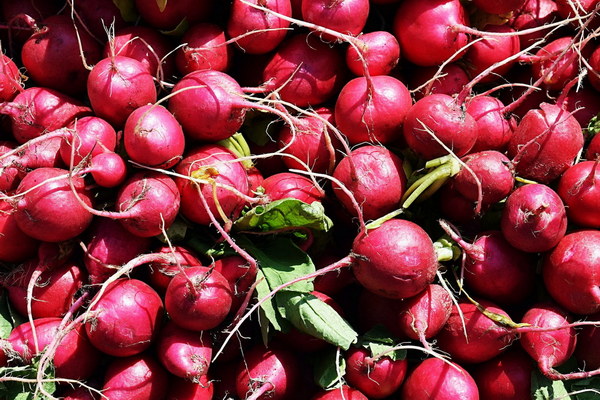Can Ginger and Honey Reduce Dampness in the Body Unveiling the Health Benefits of This Traditional Remedy
In the realm of traditional medicine, ginger and honey have been revered for their numerous health benefits. One of the most intriguing applications of these natural ingredients is their supposed ability to reduce dampness in the body. But is this claim true? Let's delve into the world of ginger and honey and explore whether they can indeed help alleviate dampness.
To understand how ginger and honey may reduce dampness, we first need to define what dampness is. In traditional Chinese medicine (TCM), dampness refers to an imbalance in the body that leads to various symptoms such as fatigue, weight gain, water retention, and digestive issues. TCM believes that dampness is caused by an excess of dampness in the body, which can be due to factors like poor diet, excessive consumption of cold or raw foods, or living in a humid environment.
Ginger, a popular spice, has been used in TCM for thousands of years to alleviate various ailments. It is believed to have warming properties that help to expel dampness and improve circulation. The active compounds in ginger, such as gingerol and shogaol, have anti-inflammatory and analgesic effects, making it an excellent natural remedy for various conditions, including dampness.
Similarly, honey has been used for centuries as a natural healing agent. It is rich in antioxidants, vitamins, and minerals that can help boost the immune system and improve overall health. In TCM, honey is often used in combination with ginger to enhance its therapeutic effects. The combination of ginger and honey is believed to help expel dampness, relieve fatigue, and improve digestion.
Now, let's explore how ginger and honey can work together to reduce dampness in the body:
1. Improve Digestion: Dampness can lead to various digestive issues, such as bloating, constipation, and diarrhea. The combination of ginger and honey can help improve digestion by soothing the gastrointestinal tract, increasing bile production, and enhancing nutrient absorption.
2. Increase Circulation: Ginger has been shown to improve blood circulation, which can help to expel dampness from the body. This can lead to a reduction in symptoms such as fatigue, water retention, and swelling.
3. Boost Immunity: The antioxidants and vitamins in ginger and honey can help boost the immune system, making the body more resilient to infections and diseases that may exacerbate dampness.
4. Reduce Inflammation: Gingerol and shogaol in ginger have anti-inflammatory properties that can help reduce inflammation in the body, which is often associated with dampness.
5. Hydration: Ginger and honey can help keep the body hydrated, which is essential for maintaining a healthy balance of fluids and expelling dampness.

While the evidence supporting the use of ginger and honey to reduce dampness is primarily based on traditional practices, there is some scientific research that supports their efficacy. A study published in the journal Phytotherapy Research found that ginger supplementation significantly improved symptoms of osteoarthritis, a condition that can be associated with dampness.
In conclusion, while there is no definitive scientific evidence to prove that ginger and honey can reduce dampness in the body, the traditional practices and some scientific studies suggest that they may indeed have this potential. Incorporating ginger and honey into your diet can offer various health benefits, including improved digestion, increased circulation, and a stronger immune system. If you suspect that you have dampness in your body, it is always a good idea to consult with a healthcare professional before starting any new treatment.









